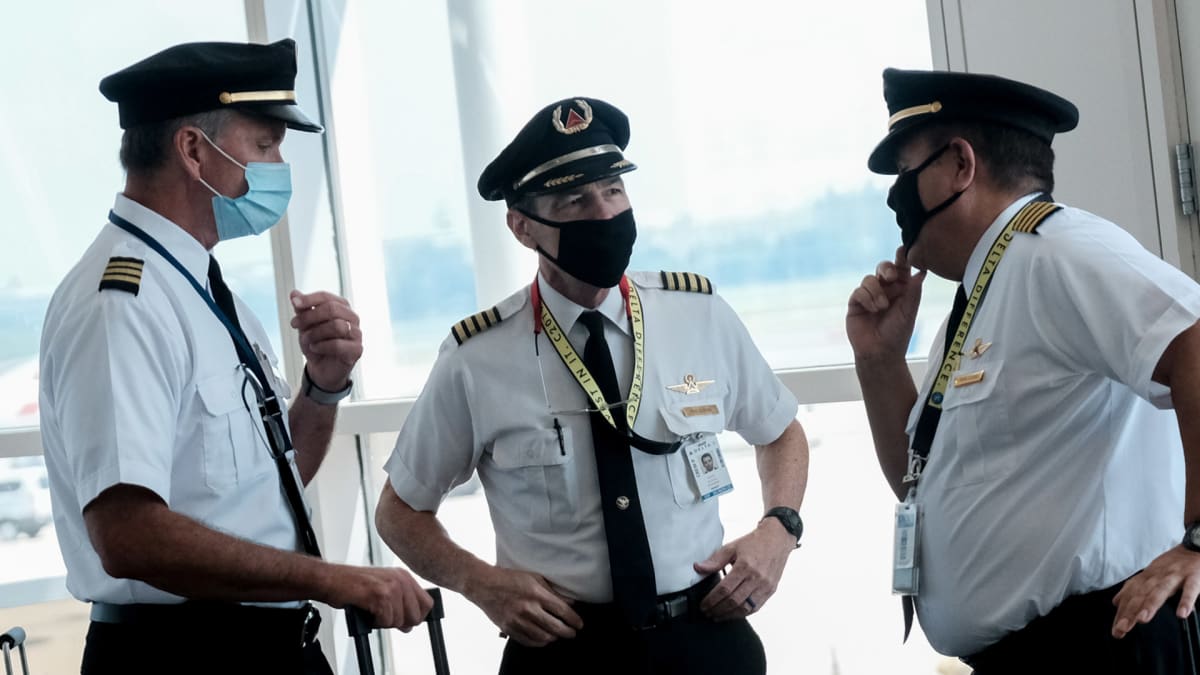
The aviation industry has a pilot problem. Namely, that it doesn’t have enough of them.
In order to save money, airlines offered pilots buyouts and early retirement during the pandemic. But once vaccines became available, the demand for travel bounced back, leaving airlines short-staffed and unprepared. The result has been the mass waves of cancellations and flight delays we saw all last year.
DON'T MISS: California Has a Plan for Cars Texas Will Hate
The only real solution to the problem is to hire more pilots. Airlines such as Southwest (LUV) and United (UAL) have begun spending the money to recruit and train enough pilots to make up for the people who left.
But one of the problems facing the industry is that it takes time, money and a lot of miles flying on smaller aircrafts before one is accredited to become a pilot.
The problem is so bad that Republicans are actually working with Democrats to try and fix it. with new bipartisan legislation to reduce one of the barriers to eventually getting a license.
Two similar bills, one by Senators Tammy Baldwin, D-Wis., and Dan Sullivan, R-Ark., and another by representatives Colin Allred, D-Texas, and Lori Chavez-DeRemer, R-Ore in the House, would bump up the federal student loan limit for flight training programs to as much as $137,500. The current limit is $80,000.
The bill's sponsors argue the move could potentially diversify pilot ranks and act as a solution to the U.S. pilots shortage, Travel Weekly reported. Organizations such as the Regional Airline Association, Airlines for America and the Air Line Pilots Association union are supportive of the idea.
The RAA estimates the costs of achieving a bachelor's degree in combination with requisite flight training to be at least $200,000. These high costs can contribute to a lack of diversity in the field, as according to Bureau of Labor Statistics data, just 2.6% of U.S. pilots are black and 9.2% are women.
The bill would also establish a federal matching grant program for flight training and pilot trainee scholarship programs at educational institutions targeted towards students from low-income and under-represented backgrounds. The federal share of the grants would be 75%, and grant expenditures would be authorized for up to $40 million annually.
"Long delays and cancellations have become all too common in airports across the country and part of the reason is due to a shortage of pilots," Chavez-DeRemer said in a prepared remark. "Our commonsense proposal would help close the gap by creating outreach programs and giving prospective pilots the same loan opportunities granted to students at traditional four-year schools."







